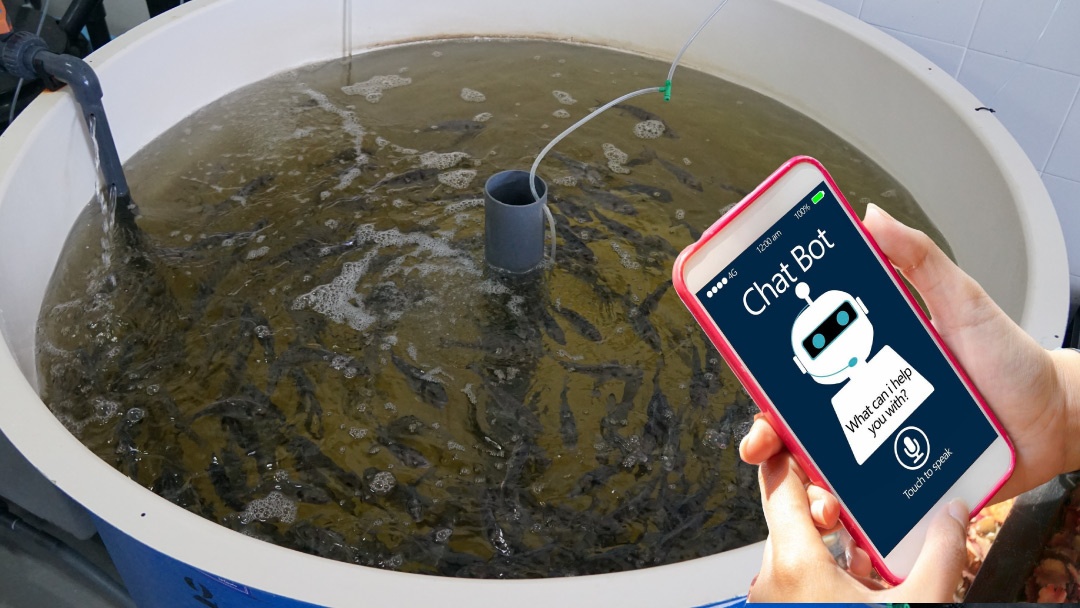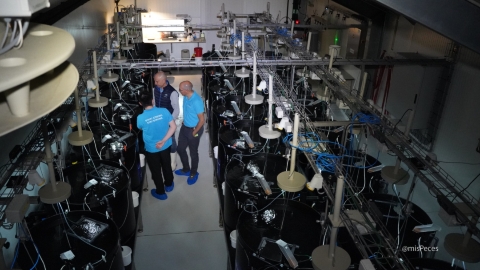
Artificial Intelligence is proving to be a game-changing tool, reshaping how health challenges are managed in aquaculture farms by enabling more precise, efficient, and sustainable disease control.
Sophisticated language models like ChatGPT have the ability to process extensive technical data, providing valuable insights that previously required hours of manual work or specialist expertise.
One noteworthy example is ChatGLM4-9B, a model specifically designed to address health issues in aquaculture farms. Developed by Tsinghua University and Zhipu AI in China, it employs cutting-edge AI technology and advanced fine-tuning methods such as rsLoRA. Once trained and adapted to the specific needs of aquaculture, ChatGLM4-9B will be capable of handling outbreaks.
For instance, against white spot syndrome in shrimp, this AI generative model can analyse existing data and deliver clear treatment recommendations. It might suggest applying 0.15 grams of disinfectant per cubic metre of water, once a day for five days. Additionally, it could advise refraining from feeding the shrimp for two hours prior to treatment. This allows farmers to act quickly and effectively, reducing losses and minimising environmental impact.
AI also plays a vital role in prevention. In tilapia farming, for example, it can assist in planning strategies to prevent haemorrhagic septicaemia. AI could recommend administering a single annual vaccine of 2 millilitres per kilogram of body weight three weeks before the rainy season. This proactive approach not only prevents disease outbreaks but also helps farmers ensure the health of their fish throughout the production cycle.
For European seabass farming, these tools can reduce reliance on antibiotics, improve product quality, and mitigate environmental damage by identifying sustainable alternatives. Probiotics or nutritional supplements that strengthen the fish’s immune system can replace chemical treatments, supporting an eco-friendlier approach.
In summary, AI-powered language models provide aquaculture farmers with a wealth of benefits: they save time in creating management plans, deliver data-driven recommendations, and promote sustainability by proposing environmentally friendly alternatives. Moreover, they adapt to various species, environments, and health challenges, making them indispensable tools for the future of aquaculture.


